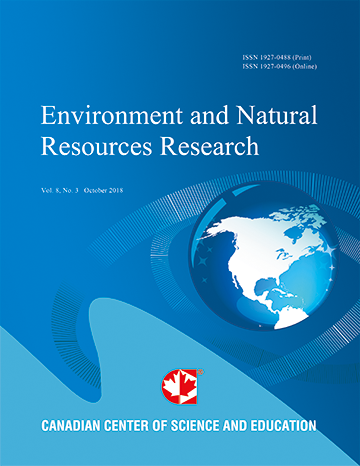Life Cycle Assessment Applied to Municipal Solid Waste Management: A Case Study
- Michel Paes
- Bruno Gianelli
- Luiz Kulay
- Gerson Medeiros
- Sandro Mancini
Abstract
This study analyzes the environmental performance of the Municipal Solid Waste Management System (MSWMS) of Piedade, São Paulo, from a systemic perspective. A life cycle assessment (LCA) technique was applied according to an attributional approach to evaluate both the current operational situation and different prospective scenarios, which were devised based on the application of targets for recycling dry and wet waste suggested by the pre-draft version of the Brazilian Plan for Solid Waste. The life cycle impact assessment method EcoIndicator 99, in association with normalization and weighting procedures, was used to conduct the analysis. It was observed that the adoption of goals of 30%, 50% and 70% for recovering of the recyclable dry waste, resulted in improvement of the environmental performance of the waste management system under analysis, respectively of 10%, 15% and 20%. It was also possible to detect an evolution in the order of 54% in reducing impacts resulting from the adoption of targets for composting. LCA proved to be effective for the evaluation of the environmental performance of MSWMS-Piedade. However, for future evaluations, the attributional approach should be replaced by the methodological practice of substitution to enable the avoided burdens to be considered in estimations of the environmental performance municipal solid waste management systems.
- Full Text:
 PDF
PDF
- DOI:10.5539/enrr.v4n4p169
Journal Metrics
Google-based Impact Factor (2016): 6.22
h-index (November 2017): 12
i10-index (November 2017): 19
h5-index (November 2017): 11
h5-median (November 2017): 12
Index
Contact
- Emily LinEditorial Assistant
- enrr@ccsenet.org
